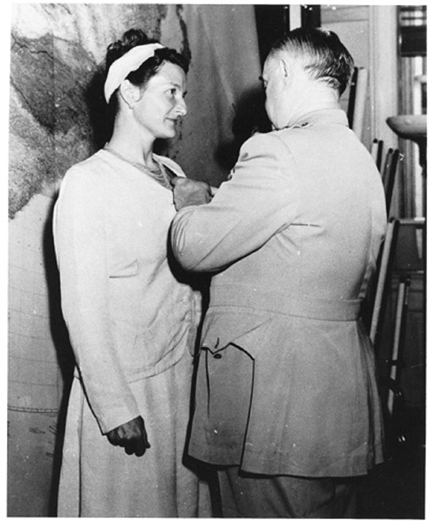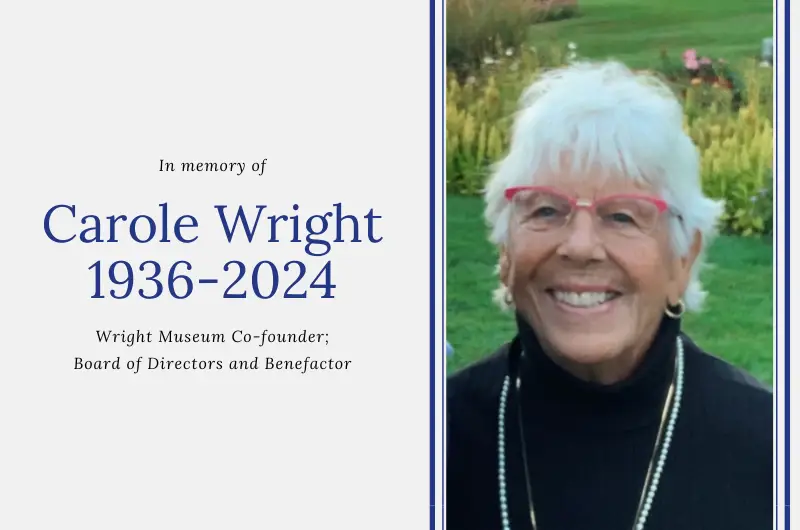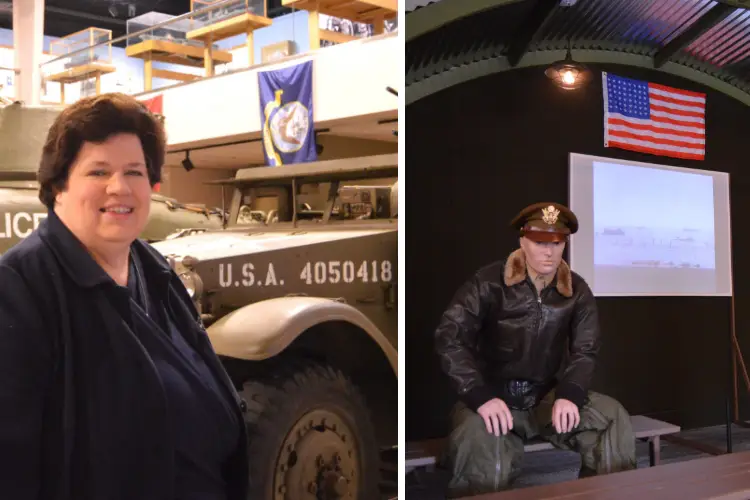
The insignia of the Special Operations Executive
In America, women replaced men in businesses and factories during World War II. Others joined the military in units like the Women Airforce Service Pilots or the Women’s Army Corps. But in Britain, women from many countries fought alongside men in covert operations in Nazi-occupied countries. The women worked for Special Operations Executive (SOE), the brainchild of Winston Churchill who wanted the agents to “set Europe ablaze.” SOE headquarters were at 64 Baker Street in London, an address made famous by Sherlock Homes, which gave the organization the nickname of Baker Street Irregulars, after the boys who helped Holmes with his cases.
Like the men, the women were recruited from all walks of life and social classes, and came from Britain and Nazi-occupied countries. Agents had to speak languages fluently and be able to pass themselves off as locals in whatever country they operated. (One agent blew her cover when she looked right instead of left when crossing a street.) Female agents were important because in enemy-occupied countries, most women didn’t work and could move around freely. Because of stereotypes, the enemy didn’t think women could shoot a gun or perform other “manly” activities such as kill a burly soldier with a single chop to the throat or blow up bridges.
The women went through the same brutal training as the men: weapons and explosives, hand-to-hand combat, dirty fighting (including eye gouging and a knee to the testicles), running difficult obstacle courses, making up cover stories on the quick, enduring mock Nazi interrogations, escape and evasion techniques, and parachute jumping. Failing some exercises, like scaling a cliff without safety lines, could end in death – and did for some candidates. The training was designed to assess intangible traits such as a candidate’s flexibility, creativity, leadership skills, and endurance. Many washed out of the training while others dropped out because they couldn’t handle the stress. The men and women who “graduated” parachuted into Nazi-occupied counties to do a specific job knowing they faced a strong possibility of being captured, tortured, and killed. Some women were assigned the most dangerous job in the SOE: wireless radio operator, whose average life expectancy was only six weeks.
The SOE had one American agent, a woman named Virginia Hall.

Virginia Hall being pinned with the Distinguished Service Cross
When Virginia Hall was 27, she suffered a hunting accident in Turkey that resulted in her lower left leg being amputated and replaced with a wooden one. Hall was living in France when World War II started. When France fell, she escaped to England and volunteered for the SOE even though America hadn’t entered the war. Despite her missing leg, Hall passed the training and was sent to France. Posing as a New York Post reporter, she spent fifteen months organizing agent networks, assisting escaped prisoners of war, and recruiting men and women to operate safe houses as part of the French undergrounds in Vichy France and in Nazi-occupied France. The Gestapo continually tried to capture her but to their consternation the “limping lady” always managed to elude them.
Hall was the only American to serve in SOE. Toward the end of the war, she transferred to the newly created U.S. Office of Strategic Services (OSS), which was inspired by SOE. After the war, Hall worked as an analyst for the CIA, which grew out of the OSS.
For her wartime work, the British government made Hall an honorary member of the Order of the British Empire and the Americans awarded her the Distinguished Service Cross. Hall retired from the CIA in 1966 and returned to her home state of Maryland. She died in 1986 at the age of 76.
If you’re interested in learning more about this remarkable woman, a new book came out in 2020 called A Woman of No Importance: The Untold Story of an American Spy Who Helped Win World War II by Sonia Purnell. (Purnell also wrote Clementine: The Wife of Winston Churchill.)




